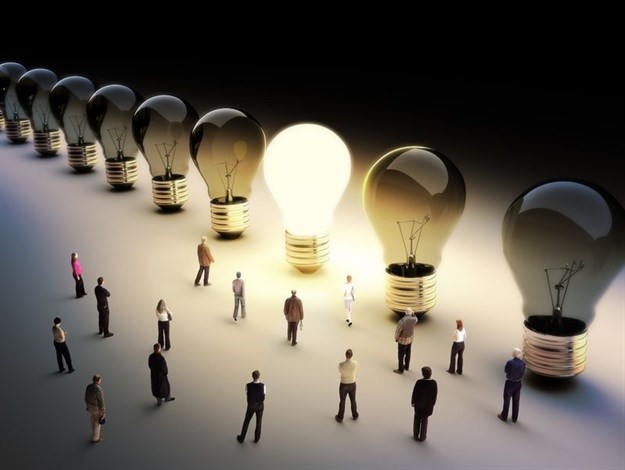
Legislation
Section 5(1) of the NEA states that the Minister must adopt measures that provide for universal access to appropriate forms of energy or energy services, to the citizens of South Africa, at affordable prices. Section 5(2) states that the access referred to in section 5(1) is subject to, amongst other things, the availability of energy resources and whether the authority in question can afford such resources.
Section 6 provides that the Minister must develop and, on an annual basis, review and publish the Integrated Energy Plan (IEP) in the Gazette. The IEP must deal with issues relating to the supply, storage of and demand for energy in a way that accounts for economically available energy resources, universal accessibility and free basic electricity. Essentially, this means that the government needs to develop ways to increase access to energy and, if possible, access to free electricity.
According to national and municipal legislation, despite acknowledging that electricity is important for survival, citizens have no absolute right to electricity but rather a right to access to electricity.
This can only be realised progressively as and when there are resources available to provide for the allocation of electricity. Furthermore, even when a local government authority can afford to provide free electricity, only certain groups qualify for such allocation. The provision of free electricity can only happen when local government determines that there is enough electricity available and it has the resources to put this provision in place.
In the meantime, as government tries to fulfil its duties under section 6 of the NEA and IEPR, and in light of the energy crisis currently facing Eskom and the proposed tariff increase in electricity prices, people will continue to have to pay for their electricity usage.